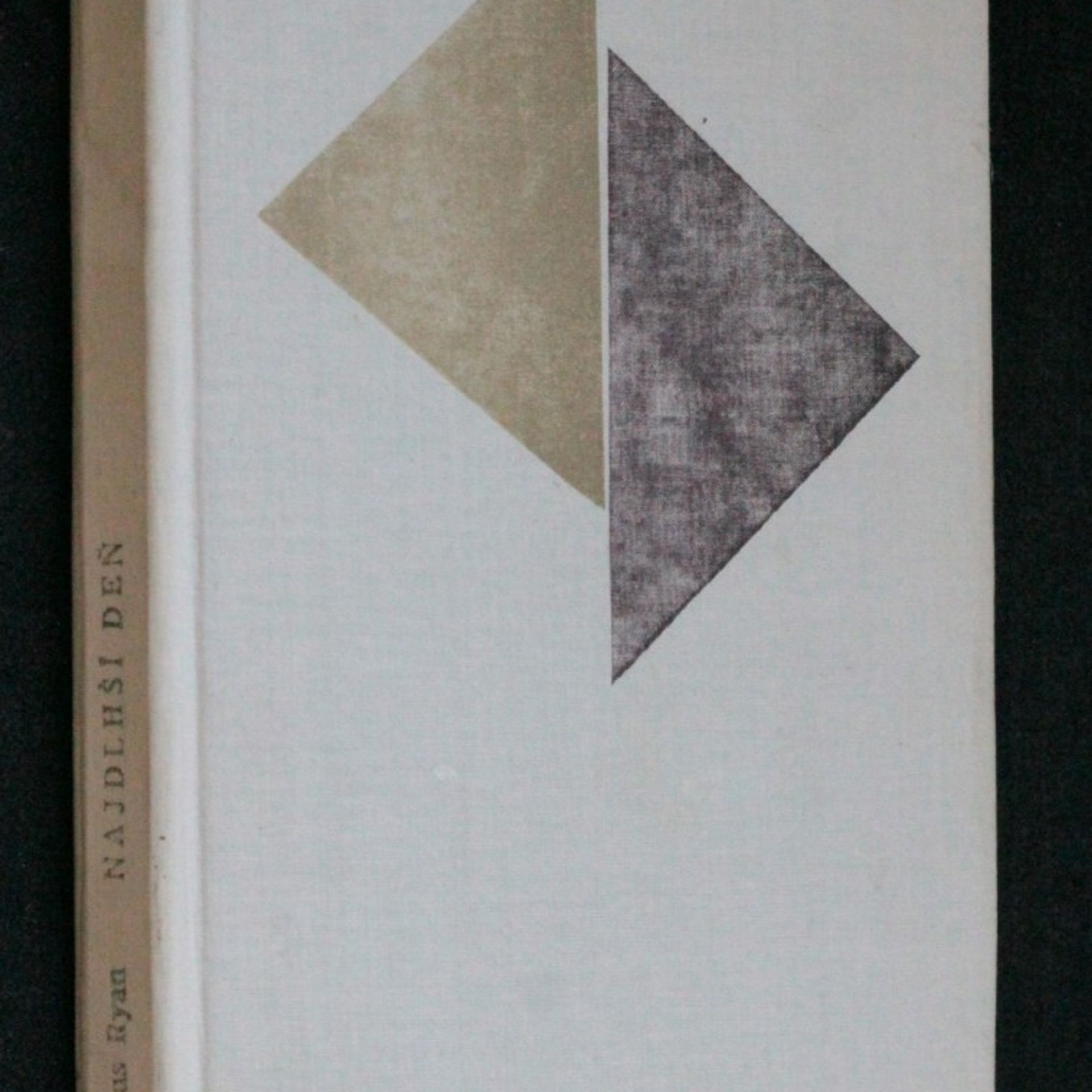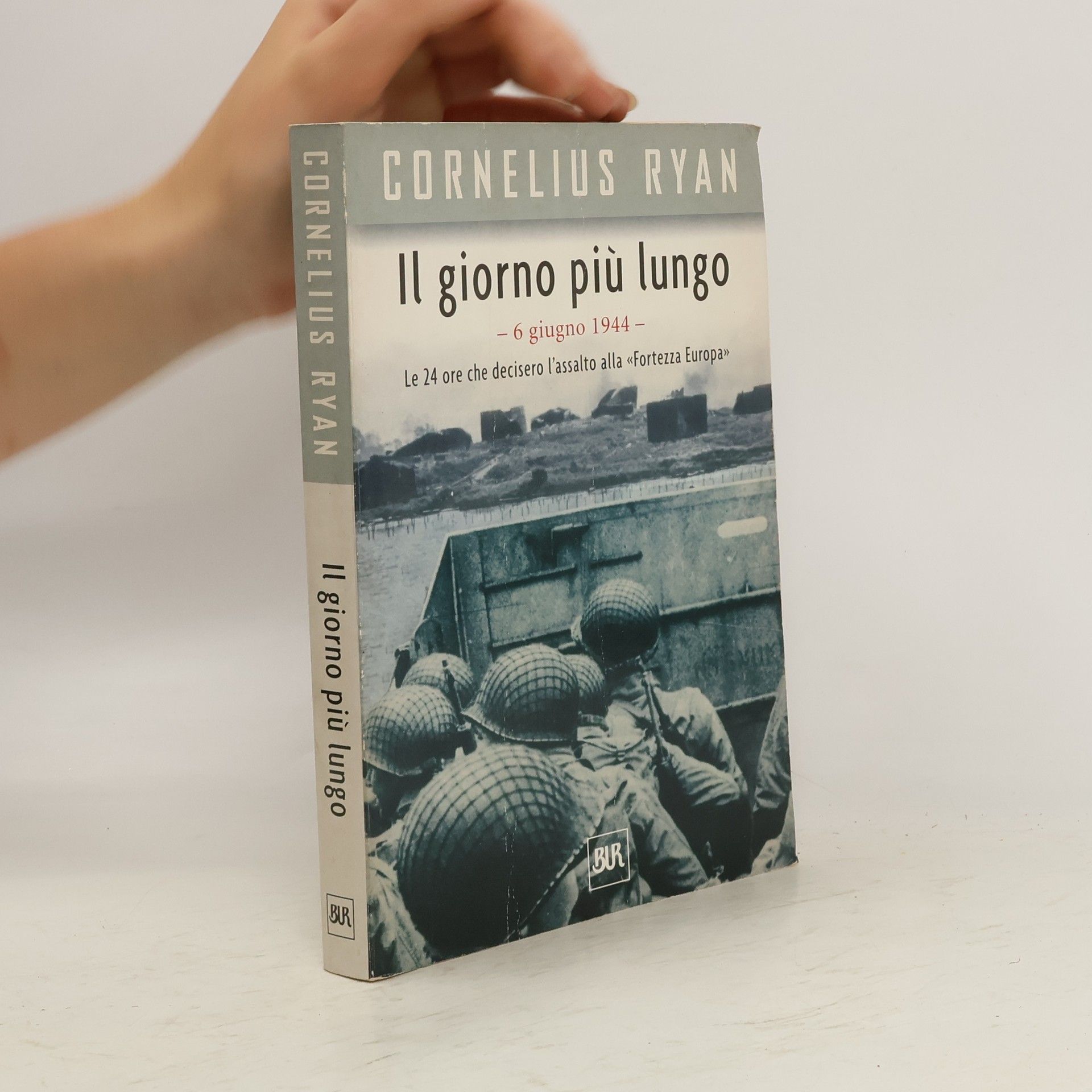Cornelius Ryan Bücher
Cornelius Ryan war bekannt für seinen fesselnden Stil, Kriegsereignisse zu schildern. Seine Werke zeichnen sich durch sorgfältige Recherche aus, die oft Interviews mit Teilnehmern auf beiden Seiten der Konflikte umfassten. Ryan konzentrierte sich auf die menschliche Seite des Krieges und die Individuen darin. Seine Fähigkeit, umfangreiche historische Ereignisse in packende Erzählungen zu verwandeln, sicherte ihm einen Platz unter den bedeutenden Kriegskorrespondenten und Historikern.

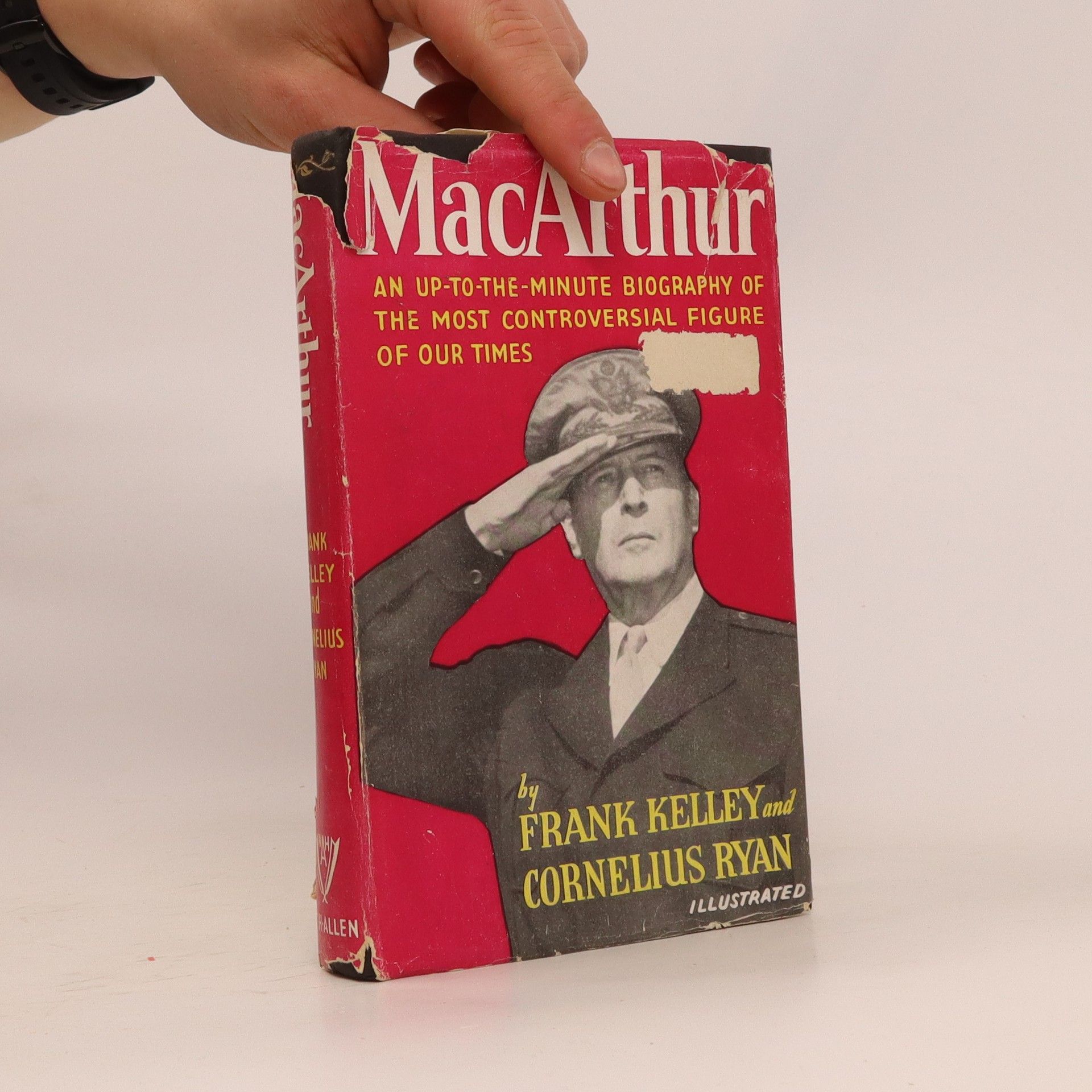
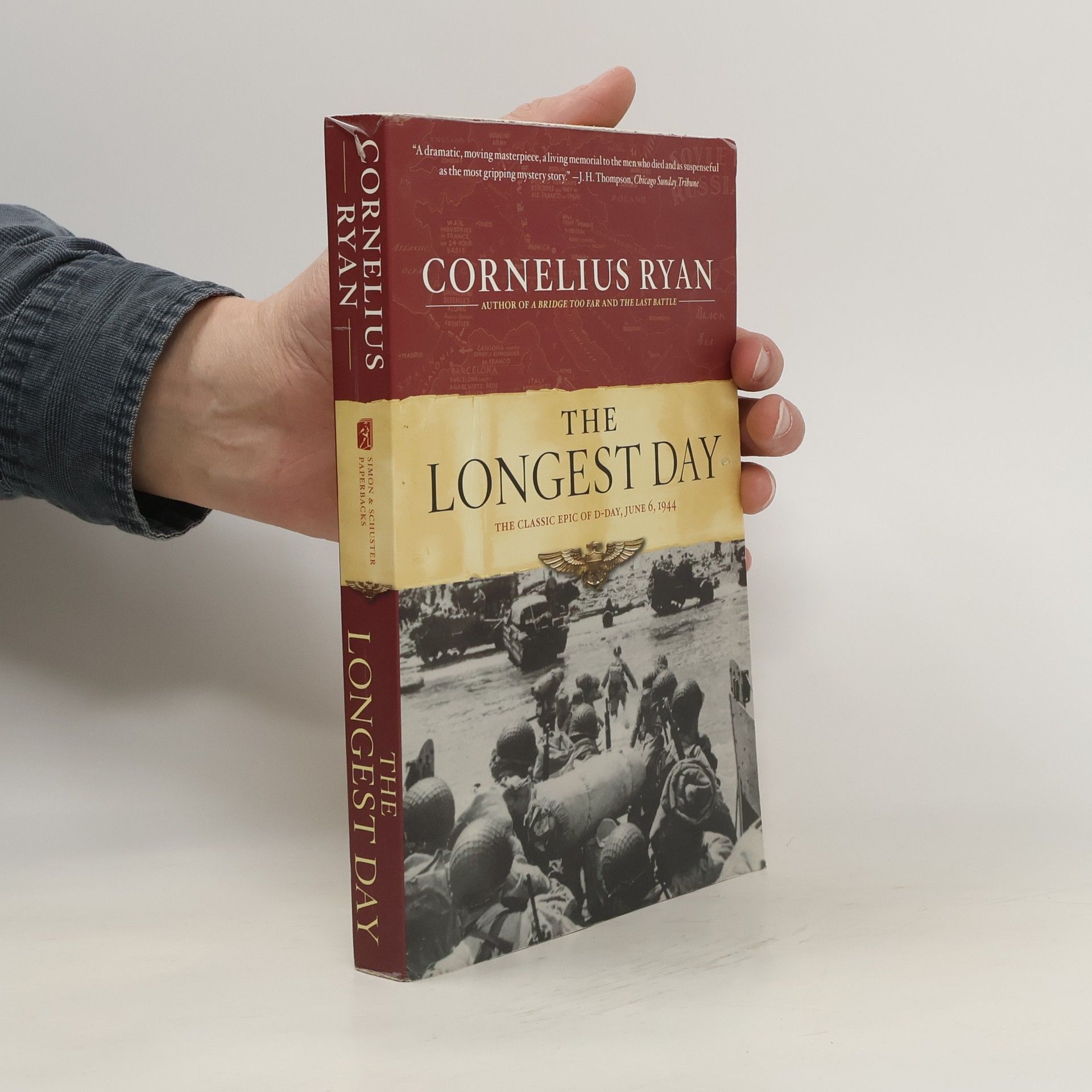
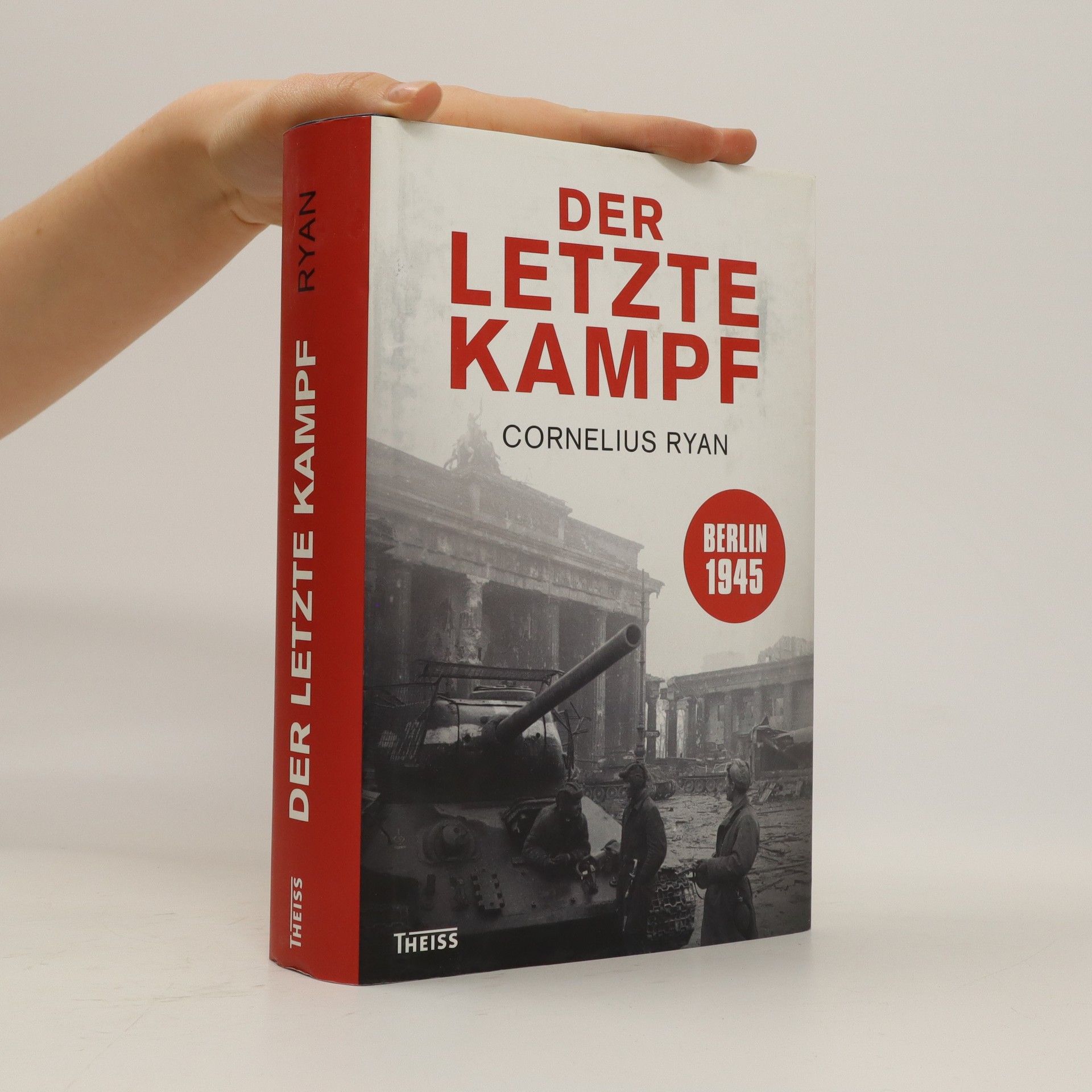
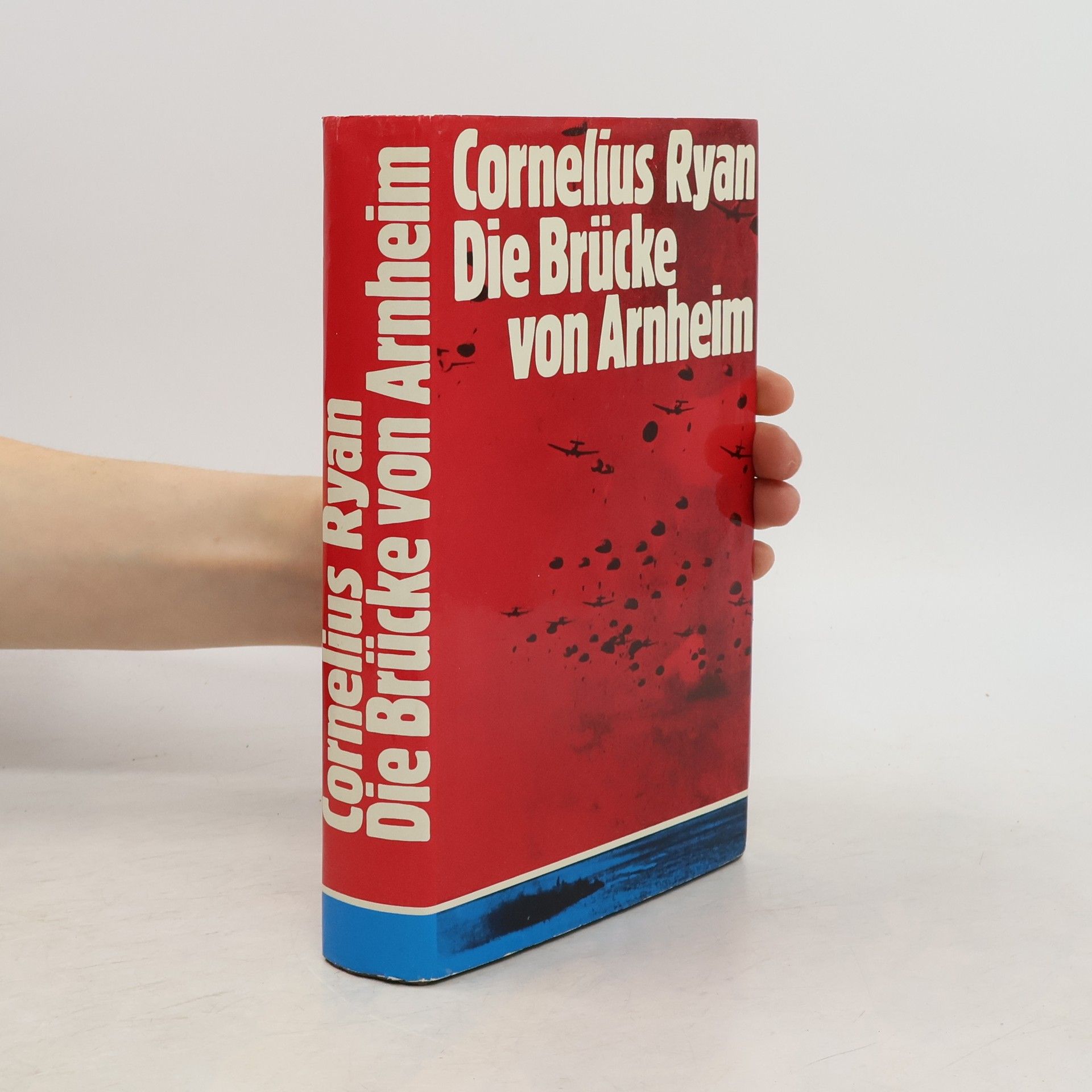

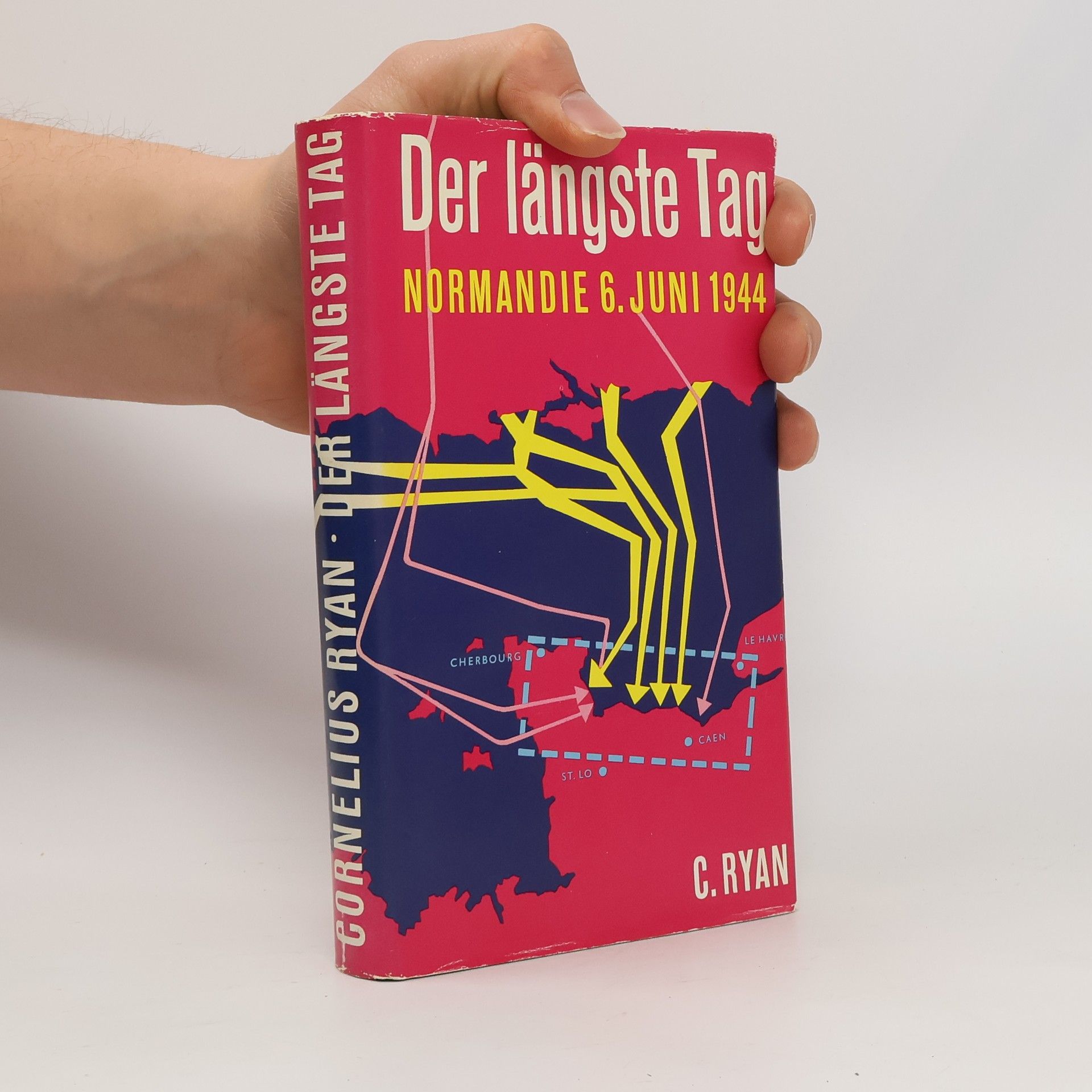
Am 16. April 1945 um vier Uhr morgens bricht an der Oderfront das russische Trommelfeuer los: Zeichen für die Rote Armee zum Sturm auf Berlin. Zum gleichen Zeitpunkt zieht sich die 9. US-Armee auf Befehl von Eisenhower auf die Elbe zurück. Deutsche Generäle versuchen mit dem buchstäblich letzten Aufgebot, die Sowjettruppen so lange wie möglich aufzuhalten. Die Bevölkerung der Stadt macht sich auf den Untergang gefasst – die Philharmoniker spielen die ›Götterdämmerung‹. In seinem erstmals in den 1960er-Jahren publizierten Dokumentarbericht schildert Cornelius Ryan eindrucksvoll die Chronologie dieser letzten Schlacht um Berlin. Dabei gibt er Beteiligten aller Seiten Stimme und Gesicht. Die Darstellung beruht ebenso auf militärischen Dokumenten wie auf privaten Aufzeichnungen und Erinnerungen von Augenzeugen: vom Berliner Milchmann bis zum Sowjetmarschall, vom GI bis zum Heeresgruppen-Oberbefehlshaber, von den Verfolgten des Hitlerregimes bis zu den Angehörigen der braunen Prominenz.
Am 16. April 1945 um vier Uhr morgens bricht an der Oderfront das russische Trommelfeuer los: Zeichen für die Rote Armee zum Sturm auf Berlin. Zum gleichen Zeitpunkt zieht sich die 9. US-Armee auf Befehl von Eisenhower auf die Elbe zurück. Deutsche Generäle versuchen mit dem buchstäblich letzten Aufgebot, die Sowjettruppen so lange wie möglich aufzuhalten. Die Bevölkerung der Stadt macht sich auf den Untergang gefasst – die Philharmoniker spielen die ›Götterdämmerung‹. In seinem erstmals in den 1960er-Jahren publizierten Dokumentarbericht schildert Cornelius Ryan eindrucksvoll die Chronologie dieser letzten Schlacht um Berlin. Dabei gibt er Beteiligten aller Seiten Stimme und Gesicht. Die Darstellung beruht ebenso auf militärischen Dokumenten wie auf privaten Aufzeichnungen und Erinnerungen von Augenzeugen: vom Berliner Milchmann bis zum Sowjetmarschall, vom GI bis zum Heeresgruppen-Oberbefehlshaber, von den Verfolgten des Hitlerregimes bis zu den Angehörigen der braunen Prominenz.
Longest Day: The Classic Epic of D Day
- 352 Seiten
- 13 Lesestunden
The unparalleled, classic work of history that recreates the battle that changed World War II—the Allied invasion of Normandy. The Longest Day is Cornelius Ryan’s unsurpassed account of D-Day, a book that endures as a masterpiece of military history. In this compelling tale of courage and heroism, glory and tragedy, Ryan painstakingly recreates the fateful hours that preceded and followed the massive invasion of Normandy to retell the story of an epic battle that would turn the tide against world fascism and free Europe from the grip of Nazi Germany. This book, first published in 1959, is a must for anyone who loves history, as well as for anyone who wants to better understand how free nations prevailed at a time when darkness enshrouded the earth.
V tejto knihe autor - novinár opisuje prvý deň spojeneckej invázie v roku 1944 vo Francúzsku. Základom sú informácie od vojakov a to spojeneckých aj nemeckých, ktorí sa tejto invázie zúčastnili a prežili vojnu. Materiál je zozbieraný pomocou dotazníkov pre vojakov, spolupráce s inštitúciami, sministerstvami, so spravodajcami. K plasticite a viery-hodnosti tejto knihy pomáha aj pohľad z druhej, nepriateľskej strany. Autor sa vyhýba heroizácii a naopak o nemeckých vojakoch nehovorí s opovrhnutím, nekomentuje udalosti - opisuje skutočnosti...
Il giorno più lungo. 6 giugno 1944
- 284 Seiten
- 10 Lesestunden
Bestseller internazionale fin dalla sua pubblicazione nel 1959, Il giorno più lungo è oggi diventato un classico della storiografia, il testo di riferimento per chiunque voglia capire cosa accadde durante il D-Day. L’operazione Overlord cominciò quindici minuti esatti dopo la mezzanotte del 6 giugno 1944: alcuni uomini sceltissimi delle divisioni aviotrasportate americane 82a e 101a si lanciarono dai loro aerei nel chiaro di luna della notte di Normandia. Cornelius Ryan, che partecipò allo sbarco come cronista, parte da quell’assalto notturno per ricostruire gli eventi di quelle interminabili e decisive ventiquattr’ore. La sua è una cronaca travolgente, appassionata, ricca di suspense e insieme precisa e veritiera, basata anche sulla consultazione degli archivi segreti americani ed europei e sulle interviste a oltre duemila testimoni. Una storia di uomini, che tocca non solo i soldati delle forze alleate, ma anche i nemici sconfitti della Wehrmacht e i civili travolti nel caos sanguinoso dell’invasione.
Op zondag 17 september 1944, even na 10.00 uur, begint operatie Market Garden. Het is het stoutmoedige plan van veldmaarschalk Montgomery om via bezet Nederland het Derde Rijk tot overgave te brengen. Market Garden wordt de grootste luchtlandingsactie uit de militaire geschiedenis. Duizenden Britse, Poolse en Amerikaanse parachutisten worden in de regio Arnhem gedropt. Hun opdracht is de strategische bruggen over de grote rivieren te veroveren. Ze moeten deze zien te behouden tot de komst van het uit België oprukkende Britse Tweede Leger. Maar binnen enkele dagen worden de Geallieerden door de Duitsers genadeloos in de pan gehakt. Uiteindelijk is Montgomery's Market Garden een van de meest tragische mislukkingen uit WO2. Cornelius Ryan reconstrueerde voor zijn boek alle belangrijke gebeurtenissen van het drama. Hij werkte ruim 7 jaar aan het bronnenonderzoek en interviewde honderden ooggetuigen aan Geallieerde en Duitse zijde. Ook werden de ervaringen van vele Nederlanders die de strijd meemaakten opgenomen.
